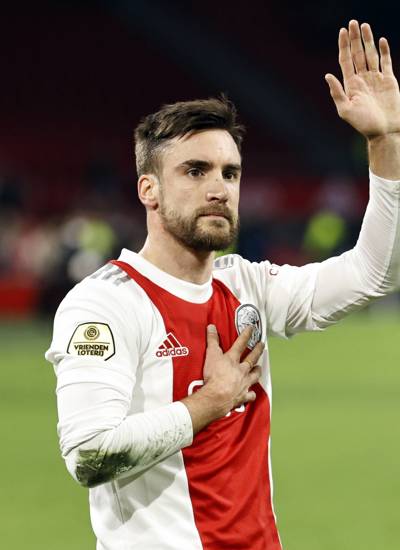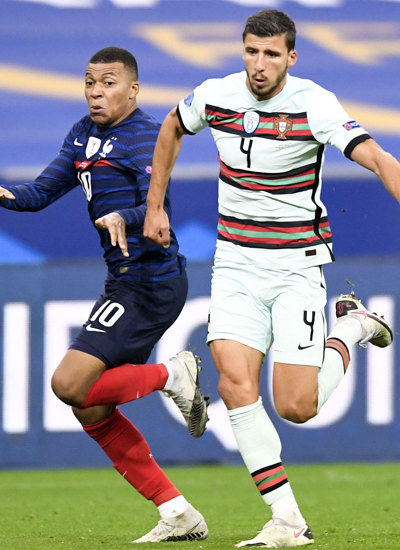
Canada and Lille forward Jonathan David may still be in the relatively early years of his career, but he already witnessing first-hand the challenges that come with being an international footballer.
David has scored 28 goals since joining Lille in 2020, and was a member of the team that lifted in the 2020/21 French championship. His domestic success has coincided with some excellent performances for Canada, who have booked their first appearance at the men’s World Cup since 1986 later this year.
The forward has enjoyed a lot of accolades so far in his career, but as a player who regularly has to cross the Atlantic for fixtures, David has already witnessed the issues of a hectic international match calendar.
Speaking to the French player union, the UNFP, David said: “A season is close to 60 games, and I think it’s a lot. I’m only 22, I’m not so old so for me it’s easier to adapt but for older players, even players three or four years older than me, this can create a lot of problems.
“The body can teach us a lot of things, and we need to listen to what our bodies are telling us since, when you’re coming consistently from other continents, things can be difficult.
“For someone like me, there’s the issue of time difference and travel too when I play for Canada. Sometimes I arrive back to my club on Friday, and it’s very difficult to prepare. If we can help players manage this sort of transition, I think we’ll permanently get better results.”
The Canadian is one of several players who feature in the 2022 Player & High Performance Coach Survey, the latest report from FIFPRO and Football Benchmark which will be released tomorrow.
While the forward recognises the privileged position that he has an international footballer, he believes that changes need to be made to ensure better conditions for players and, ultimately, the to improve the industry.
“A lot of games is always fun, but at certain times it can get too much for you. Especially for guys like that are not living at home, and only get back to see family maybe once or twice a year.
“I think it’s up to the decision makers to find a solution that will be good for everyone because we need breaks.
“By better results, I don’t just think the physical part - the mental part is also important. Being able to see family and be close to friends and colleagues can really make you feel fresh too. It can allow you to be better at your job, so they need to find a solution in the match calendar that allows you to have these breaks.”



